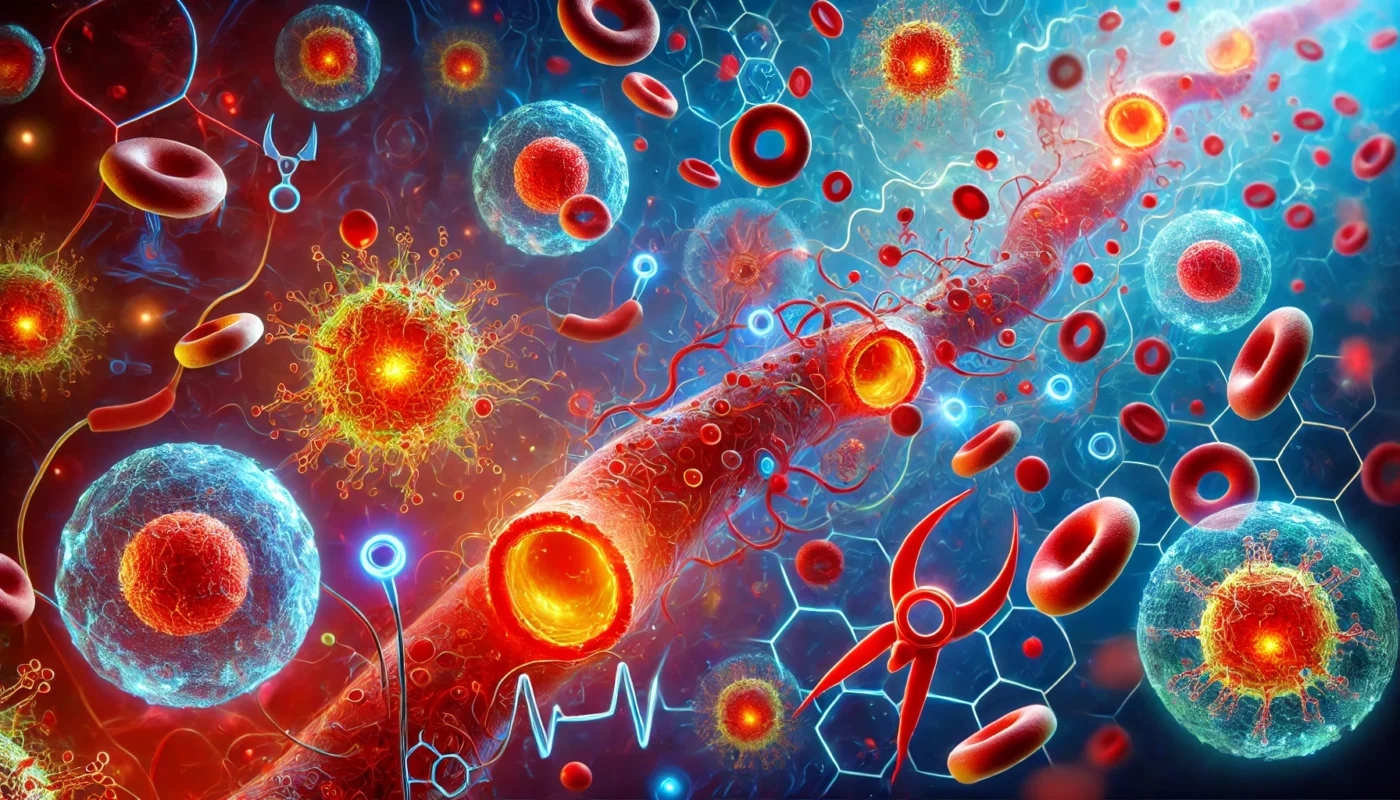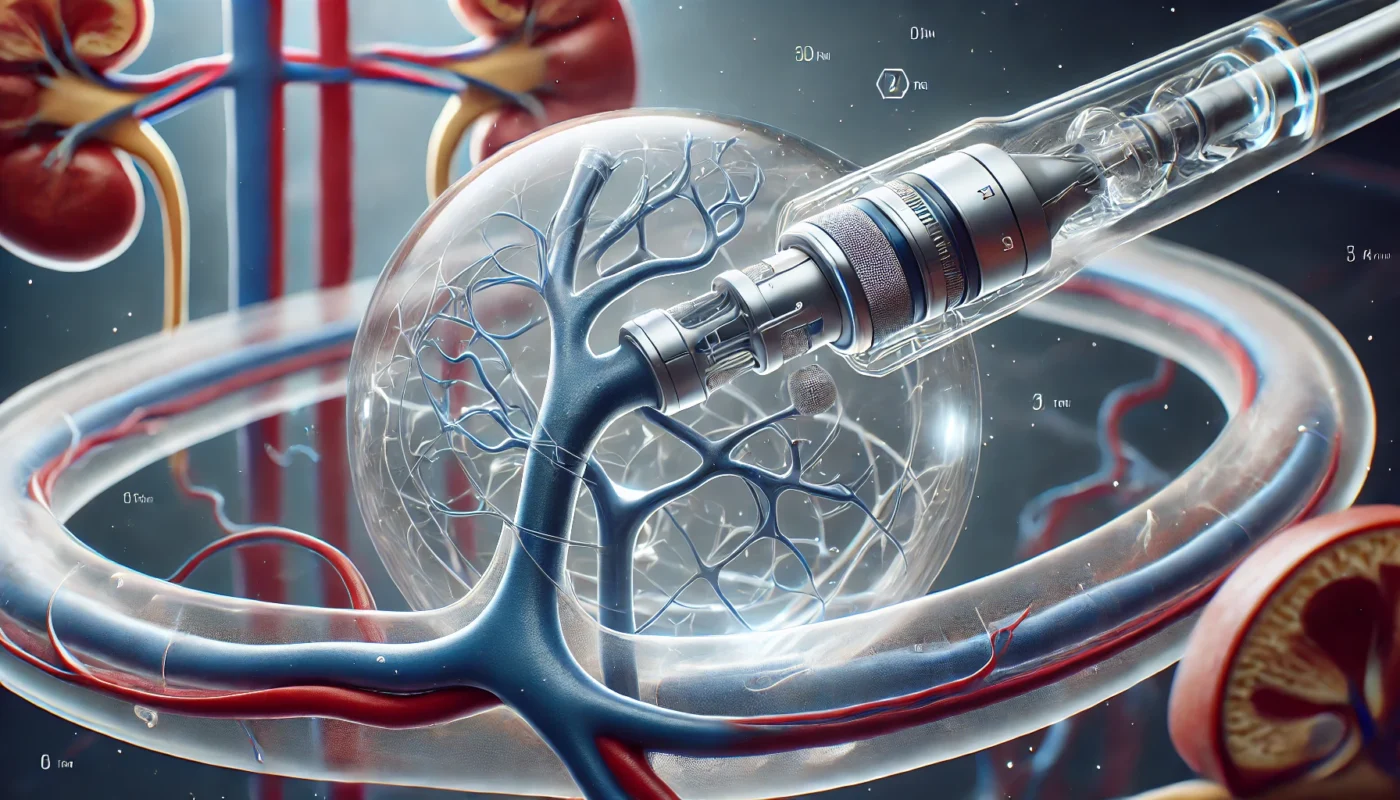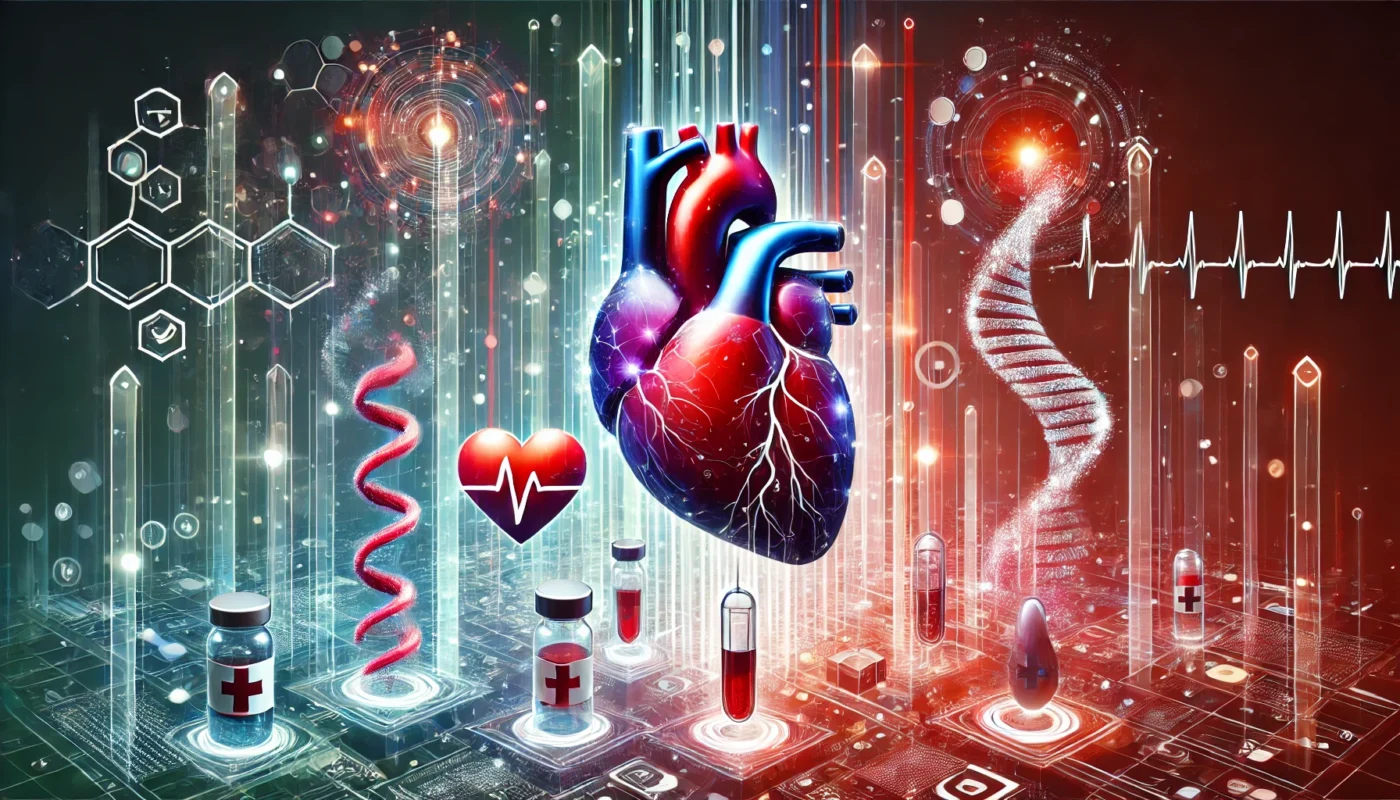Inflammation is a term we often hear. It’s linked to a host of health conditions, from arthritis to heart disease. But what exactly is inflammation?
In simple terms, it’s the body’s response to injury or illness. It’s a crucial part of our immune system. However, when it becomes chronic, it can lead to serious health problems.
This article aims to demystify inflammation. We’ll delve into the science behind it, exploring its causes and effects. We’ll also look at the role of diet in inflammation, addressing common questions and misconceptions.
Can carbs cause inflammation? Does cheese or red meat exacerbate it? We’ll explore these questions and more. We’ll also discuss the impact of certain foods on inflammation, such as nuts and processed meats.
We’ll provide a comprehensive list of inflammatory diseases. From common conditions like rheumatoid arthritis to lesser-known disorders, we’ll cover a wide range. We’ll also discuss the symptoms that characterize inflammation and how to identify them.
But this article isn’t just about understanding inflammation. It’s about empowering you to manage it. We’ll provide practical advice on how to prevent or reduce inflammation through diet and lifestyle changes.
We’ll discuss the role of antioxidants and omega-3 fatty acids in combating inflammation. We’ll also explore the impact of lifestyle factors, such as stress and sleep, on inflammation.
For fitness enthusiasts, we’ll provide tips on reducing exercise-induced inflammation. For health enthusiasts, we’ll offer advice on balancing traditional and holistic approaches to inflammation.
For medical patients, we’ll provide guidance on managing inflammation related to health conditions. We’ll also discuss the importance of understanding the scientific research behind inflammation and its treatments.
Inflammation is a complex topic. But with the right information, it’s manageable. Whether you’re a fitness enthusiast, a health enthusiast, or a medical patient, this article aims to provide you with the knowledge and tools you need to take control of your health.
So, let’s dive in and explore the world of inflammation. Let’s understand it, manage it, and live healthier lives.





